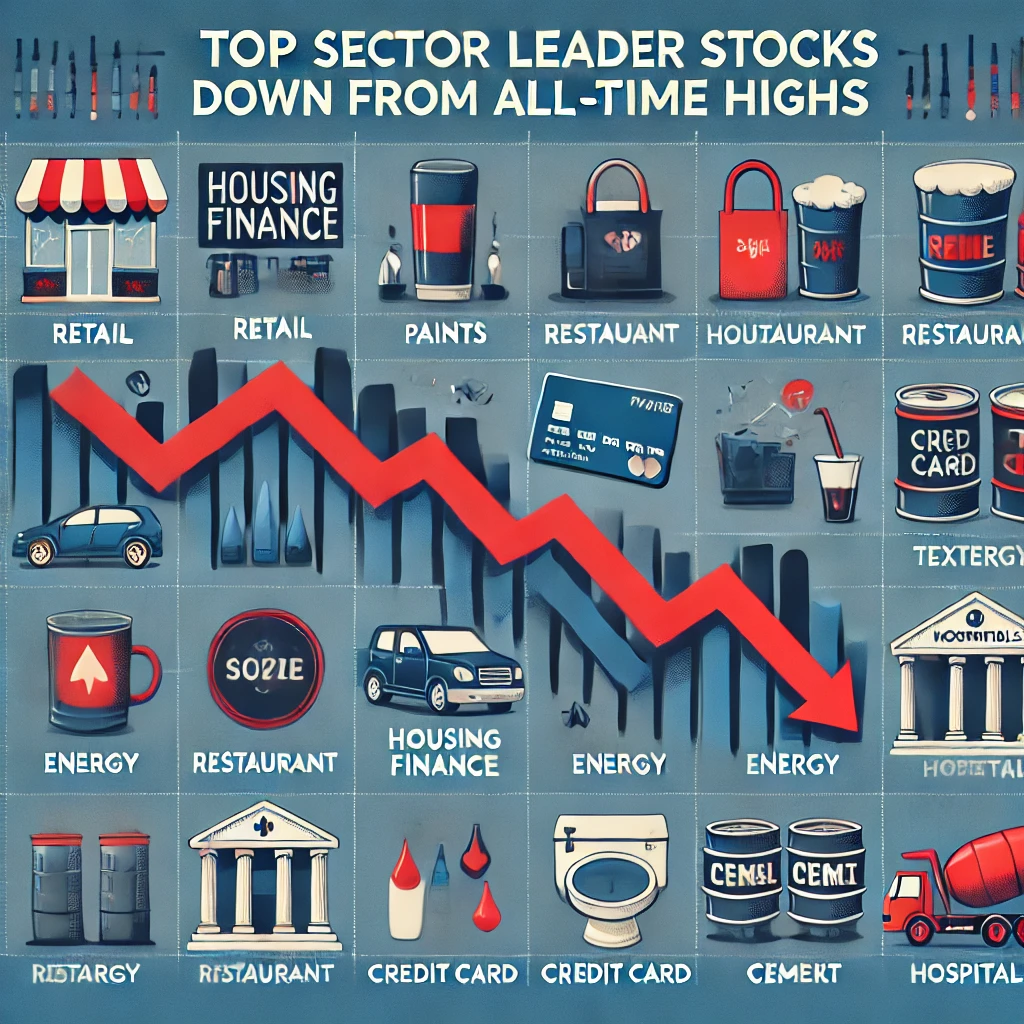-
Interest Rate Cuts and IT Index Performance: A Deep Dive

Interest rate cuts often act as a catalyst for economic growth and stock market performance. IT stocks, in particular, are highly sensitive to interest rate changes. With a recent rate cut in the U.S. and speculations of an upcoming cut in India, investors are wondering if the IT index is poised for another surge. Let’s…
-
Investing in Green Energy and Solar Industries Stocks in India

India’s transition to renewable energy has created a robust market for green energy and solar industry stocks. From micro-cap innovators to large-cap market leaders, these companies offer opportunities across various segments. Below, we’ve detailed the performance of several notable companies in the industry, categorized by market cap. Micro and Small-Cap Companies These companies are often…
-
How Twitter, Now X, Makes Money Post-Privatization by Elon Musk

When Elon Musk acquired Twitter in October 2022, the social media giant underwent a seismic shift, including its rebranding to “X.” Alongside the transformation came bold, controversial moves to restructure the company and revamp its revenue model. For those on the journey toward financial independence and early retirement, understanding X’s financial strategies offers valuable lessons…
-
Investing in Silver: A Smart Alternative to Gold in 2024

Investing in precious metals has always been a popular strategy for diversifying portfolios and hedging against economic uncertainties. While gold has traditionally been the go-to choice, silver has gained remarkable traction this year. In 2024, silver’s growth has outpaced gold in many respects, making it an appealing investment option. This blog explores why silver is…
-
Top Sector Leader Stocks Which are Down from All-Time High Prices!

When it comes to investing, even the top players face market corrections. Several sector-leading stocks have seen declines from their all-time highs (ATH) over the past year. This trend offers a unique perspective on the market’s ebb and flow and insights into potential buying opportunities. Market Performance Overview: Q2 2024 vs. Q1 2024 The Q2…
-
Major Stock Market Crashes in History and Their Recoveries

Stock market crashes are dramatic and painful events that shake investors and impact economies worldwide. History has witnessed several significant crashes, each with its unique causes and lasting effects. Despite these downturns, markets have demonstrated resilience, reminding us of the importance of preparation, patience, and perspective. 𝟭𝟵𝟮𝟵 – 𝗧𝗵𝗲 𝗚𝗿𝗲𝗮𝘁 𝗗𝗲𝗽𝗿𝗲𝘀𝘀𝗶𝗼𝗻 The Great Depression began…
-
Understanding Index Funds: The Path to Stress-Free Investing

When planning for financial independence, index funds are a compelling option. They offer a way to grow wealth with minimal effort and stress. But what exactly are index funds, and why do they play such a key role in the FIRE (Financial Independence, Retire Early) community? In this post, we’ll break down what index funds…



